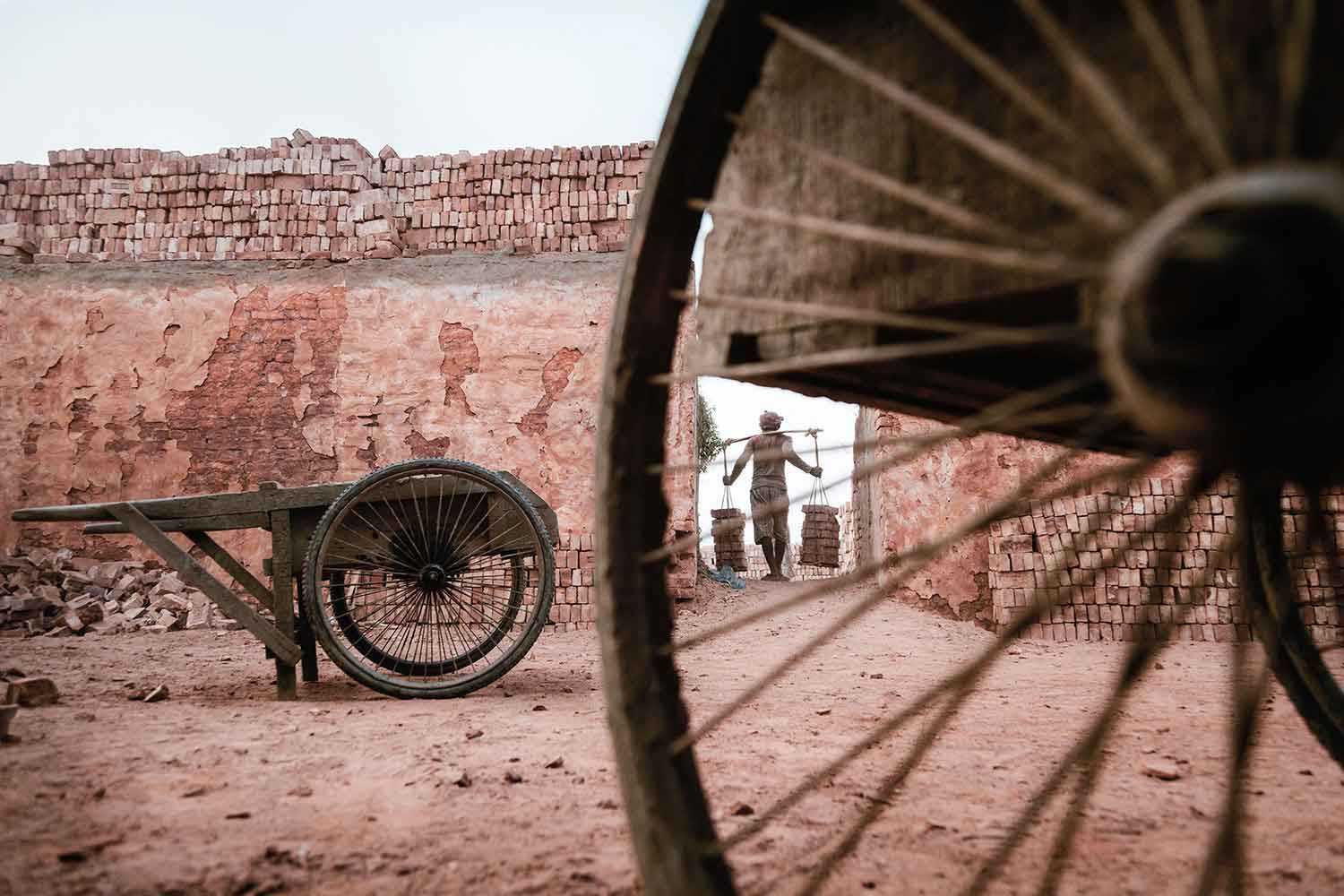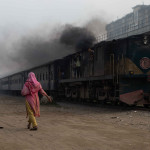What we do for Human rights
1. Freedom of Expression and Press
In Bangladesh, freedom of speech is increasingly restricted. Journalists, activists, and ordinary citizens face harassment, censorship, and arrest under laws like the Digital Security Act for voicing criticism against the government. This environment limits open dialogue and democracy.
2. Labor Rights Violations
Workers, especially in the garment sector, often work in unsafe conditions for very low wages. Protests for better rights are often met with violent crackdowns or dismissals, and there is little legal protection for union activities.
3. Minority Rights
Ethnic and religious minorities — Hindus, Buddhists, Christians, and indigenous groups — continue to face discrimination, violence, and even forced displacement. Their access to justice remains limited and often politicized.
4. Judicial Independence and Due Process
The judicial system is seen as influenced by political powers, leading to concerns about fair trials and legal delays. Activists and political opponents sometimes face lengthy detentions without proper legal procedures.
5. Right to Proper Medical Treatment
Patients suffer from poor healthcare standards, wrong treatments, and medical negligence, often with no legal pathways to claim justice or compensation. There's an urgent need for a strong law to protect patients' rights.
6. Access to Pure Drinking Water
In many areas, especially rural regions, access to safe drinking water remains a major issue. Contamination by arsenic and pollution causes serious health risks.
7. Access to Fresh Air
Air pollution, particularly in cities like Dhaka, is among the highest in the world. Breathing clean air, a fundamental right, is increasingly difficult due to industrial emissions, traffic, and poor environmental regulations.
8. Better Living Conditions
Overcrowded slums and informal settlements lack access to basic services like clean water, sanitation, electricity, and healthcare. Many citizens are denied their right to dignified living conditions.
9. Access to Parliament Plaza
over the years, successive governments have increasingly restricted public access to the Parliament Plaza and its surrounding grounds, fencing off large areas, citing security concerns. Public gatherings, protests, or even peaceful visits by ordinary citizens are often prohibited or tightly controlled.
This contradicts Louis Kahn’s original design philosophy, which emphasized openness, democracy, and connection between the people and their Parliament.
10. Shelter for Poor People
Thousands of people, including children and the elderly, sleep on the streets in cities like Dhaka and Chittagong. There is a severe shortage of public shelters or affordable housing programs. Without government intervention, these vulnerable groups face extreme weather, insecurity, and health risks daily.
11. Women's Rights: Equal Access to Public Transport and Public Spaces
Women face harassment and discrimination when accessing buses, trains, parks, and public offices.
- Sexual harassment on buses and public transport is common, forcing many women to avoid travel or limit their independence.
- Safety in public spaces is a major concern, as fear of assault often restricts women’s freedom of movement.
- Ensuring safe, equal access to transport and public areas is essential for gender equality, freedom, and full participation in social and economic life.
12. Child Labor Issues
Child labor remains widespread in Bangladesh, especially in sectors like garments, agriculture, domestic work, and small factories.
- Children are often forced to work in dangerous, exploitative conditions, missing out on education and risking their health and future.
- Despite laws prohibiting child labor under the age of 14, enforcement is weak, and poverty drives families to send their children to work.
- Protecting children from labor is critical to securing their rights to education, health, and a safe childhood.
13. Child Drug Protection
Drug abuse among children and teenagers is a growing crisis, especially in urban slums and low-income communities:
- Many vulnerable children are exposed to cheap, dangerous drugs like yaba, cannabis, and other narcotics.
- Poverty, lack of supervision, broken family structures, and peer pressure significantly drive this problem.
- There are very few child-focused rehabilitation or prevention programs to address drug addiction.
- Without urgent action, children's health is destroyed, and they are trapped in dangerous cycles of crime, exploitation, and poverty. Protecting children from drug abuse must be a national priority to secure their future.
14. Animal Rights Protection
Animal welfare remains a neglected issue in Bangladesh.
• Many animals, including street dogs, cats, and working animals (like horses, donkeys, and oxen), suffer from abuse, neglect, poor living conditions, and lack of veterinary care.
• Animal cruelty — such as abandonment, mistreatment, illegal trafficking, and inhumane slaughter — often goes unpunished due to weak enforcement of animal protection laws.
• Wildlife is also under severe threat from habitat destruction, poaching, and illegal trade.
• Protecting animal rights is essential not only for ethical reasons but also for maintaining a balanced and healthy ecosystem.
• Stronger legal protections, public awareness campaigns, and active rescue and rehabilitation programs are urgently needed to ensure humane treatment of all animals.


